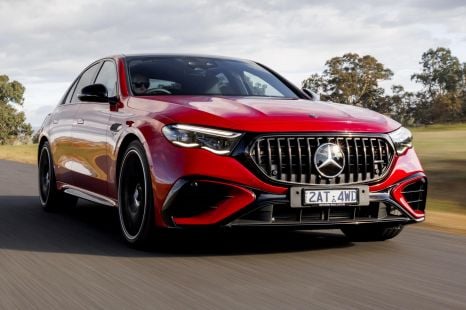

Max Davies
5 Days Ago
Ford and Volkswagen have pulled their support from Argo AI, forcing the autonomous driving startup to close its doors.

News Editor
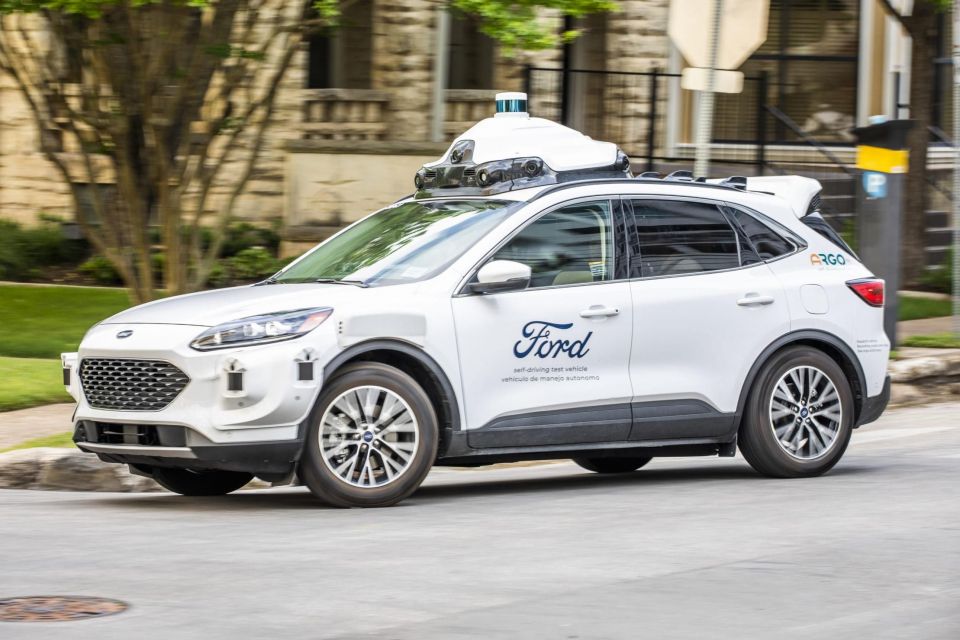

News Editor
Ford- and Volkswagen-backed autonomous driving startup Argo AI is closing its doors, as Ford concedes fully-self driving vehicles are “a long way off”.
“We’re optimistic about a future for L4 ADAS, but profitable, fully autonomous vehicles at scale are a long way off and we won’t necessarily have to create that technology ourselves,” said Ford CEO Jim Farley.
The Blue Oval’s chief financial officer John Lawler added mass deployment of such vehicles is “five-plus years away”.
It’s posted a third-quarter loss of US$827 million (A$1.27bn) which it attributes largely to the shuttering of the US startup, recording a US$2.7 billion (A$4.15bn) non-cash pre-tax impairment on its investment in the firm.
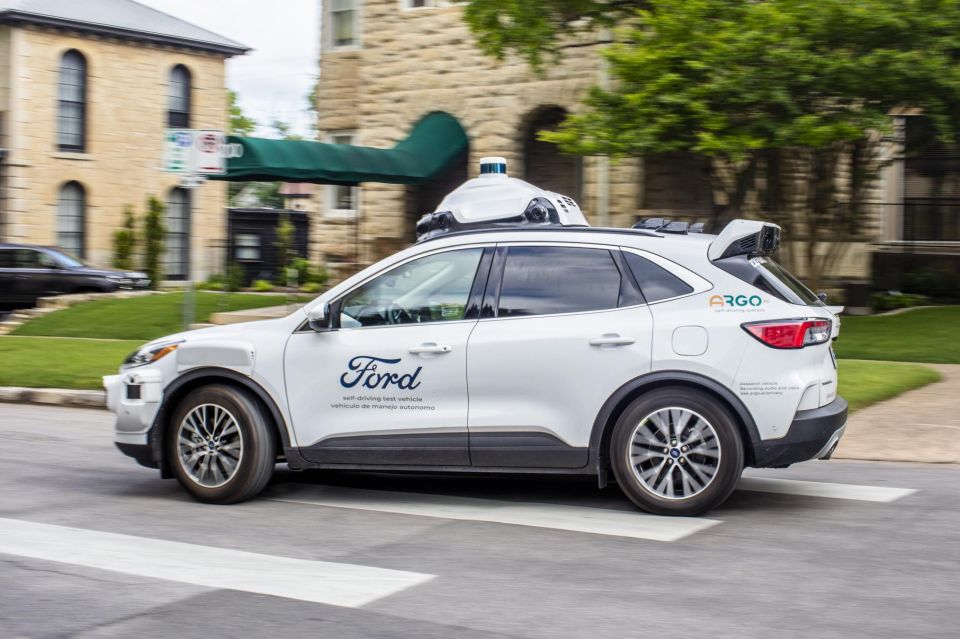
It’ll pivot from investing in Argo AI’s Level 4 autonomous driving technology to its own internally developed Level 2+ and Level 3 technology like its BlueCruise and ActiveGlide features – though Mr Farley’s remarks indicate Ford could purchase Level 4 technology at some point from another company.
“During the quarter, Ford concluded that the auto industry’s large-scale profitable commercialization of Level 4 advanced driver assistance systems will be further out than originally anticipated – but development and customer enthusiasm for benefits of L2+ and L3 ADAS warrant dialling up the company’s nearterm aspirations and commitment in those areas,” Ford said in its third quarter earnings guidance.
Ford first invested in Argo AI in 2017 and aimed to bring Level 4 technology “broadly to market” by 2021.

The company said it “will hire talented engineers from Argo AI as that company is wound down”.
Volkswagen has also committed to work with the startup “to provide continued employment for employees and to further develop the most promising projects in the field of autonomous driving”.
Also ceasing investment in Argo AI, Volkswagen will instead lean on its software division, Cariad, to drive development of Level 3 autonomous driving technology.
“The aim is to provide functions for vehicles of the Volkswagen Group’s brand groups that allow drivers to explicitly take their hands off the steering wheel at times,” said the German automaker.

“These are advanced driver assistance systems, so-called level 2 systems, for city, countryside and highway, in which the driver is comprehensively supported by the vehicle, and a system in which the vehicle takes over the complete driving task on the highway (SAE level 3).
“The first functions are to be implemented in 2023.”
It noted Cariad will handle development of “partially and highly automated driving functions” up to Level 4 autonomy, and will continue to work with Bosch. In the future, it will also work with Horizon Robotics in China.
Plans to roll out autonomous ID. Buzz people movers appear largely unaffected.
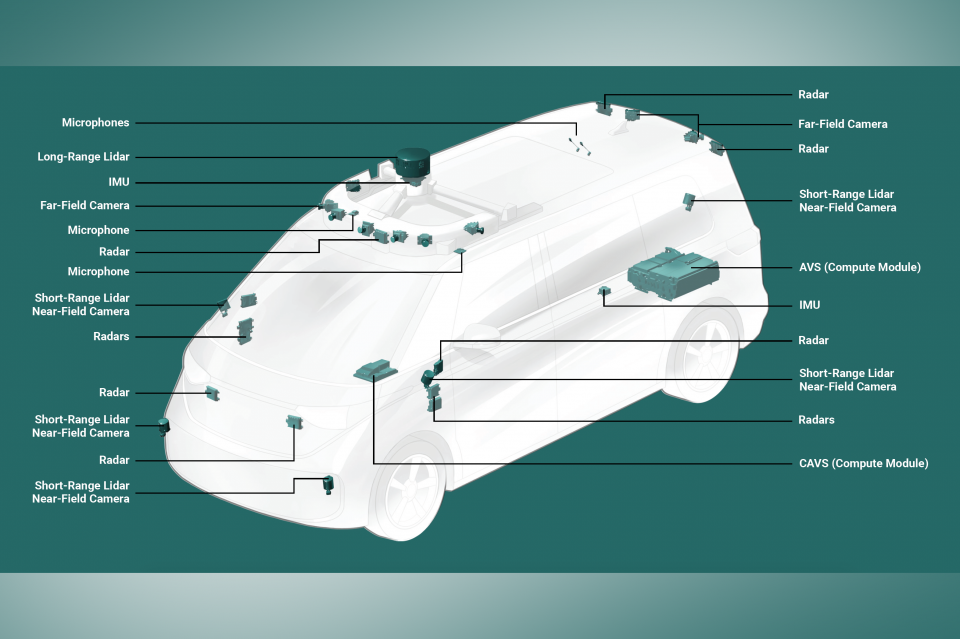
It expects customers in 2025 will be able to use ride-sharing service MOIA to book an autonomous ID. Buzz in Hamburg in 2025.
Volkswagen Commercial Vehicles also says it will announce shortly plans to expand its cooperation to develop technology for its autonomous driving vehicle fleets.
“In coordination with our shareholders, the decision has been made that Argo AI will not continue on its mission as a company,” Argo said in a statement.
“Many of the employees will receive an opportunity to continue work on automated driving technology with either Ford or Volkswagen, while employment for others will unfortunately come to an end.”
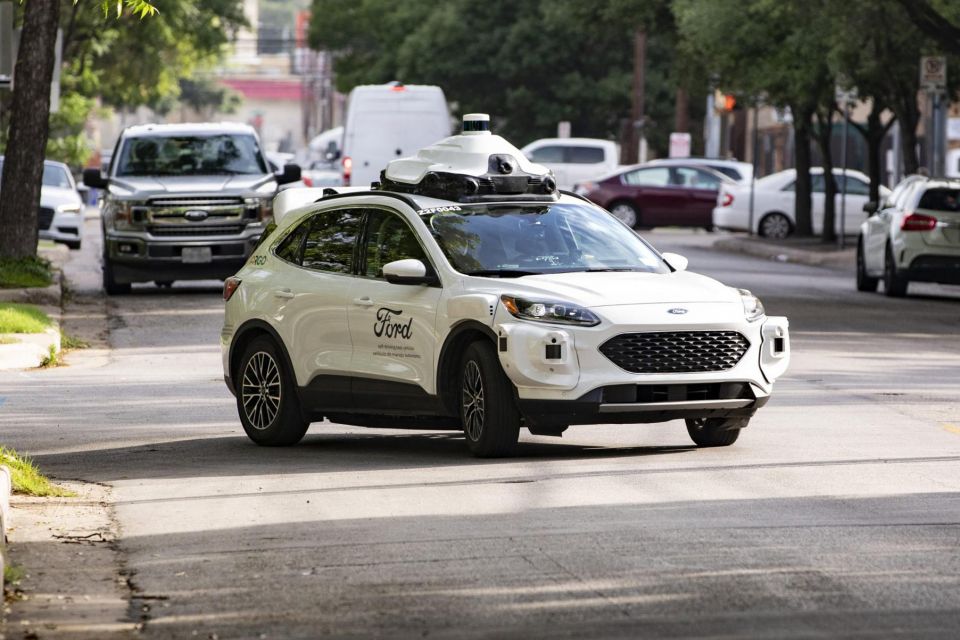
TechCrunch reports generous severance packages are being offered to those not being hired by Ford or Volkswagen. It has over 2000 employees globally, though it laid off around 150 back in July.
Founded in 2016, Argo AI received a US$1 billion (A$1.54bn) investment from Ford and subsequently raised a further US$2.6 billion (A$4bn) – largely from Ford and Volkswagen.
It recently made robotaxis available to use via ridesharing company Lyft in Austin, Texas and also launched pilot programs in Miami and Pittsburgh.
William Stopford is an automotive journalist based in Brisbane, Australia. William is a Business/Journalism graduate from the Queensland University of Technology who loves to travel, briefly lived in the US, and has a particular interest in the American car industry.


Max Davies
5 Days Ago
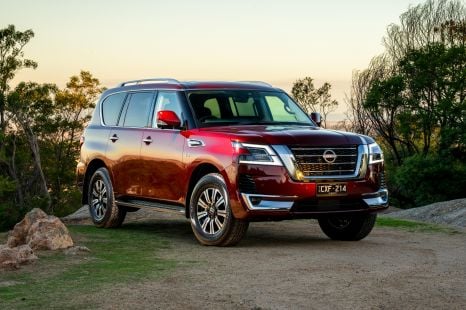

James Wong
4 Days Ago
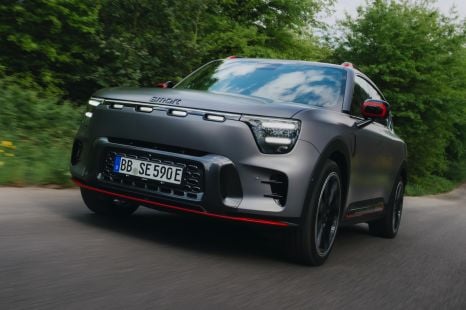

James Fossdyke
4 Days Ago
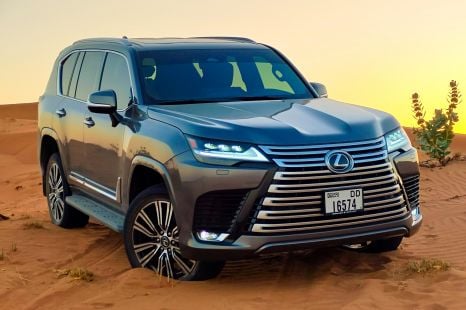

Gautam Sharma
3 Days Ago
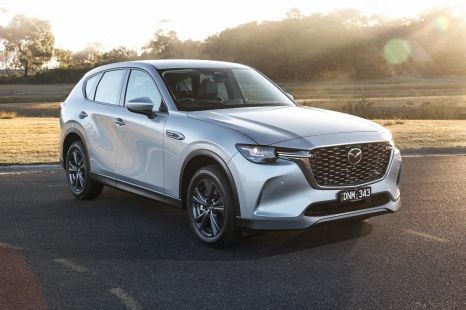

Josh Nevett
1 Day Ago
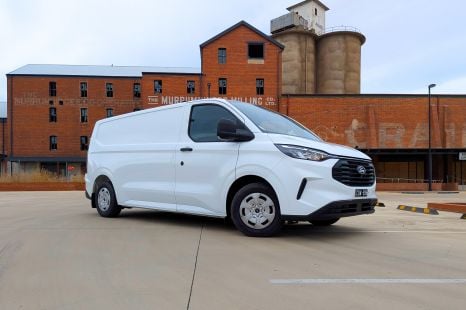

William Stopford
17 Hours Ago